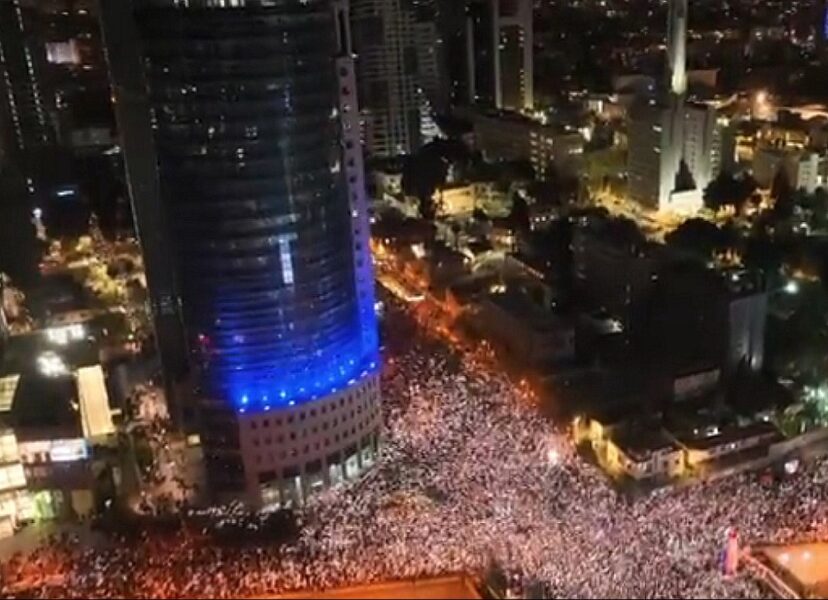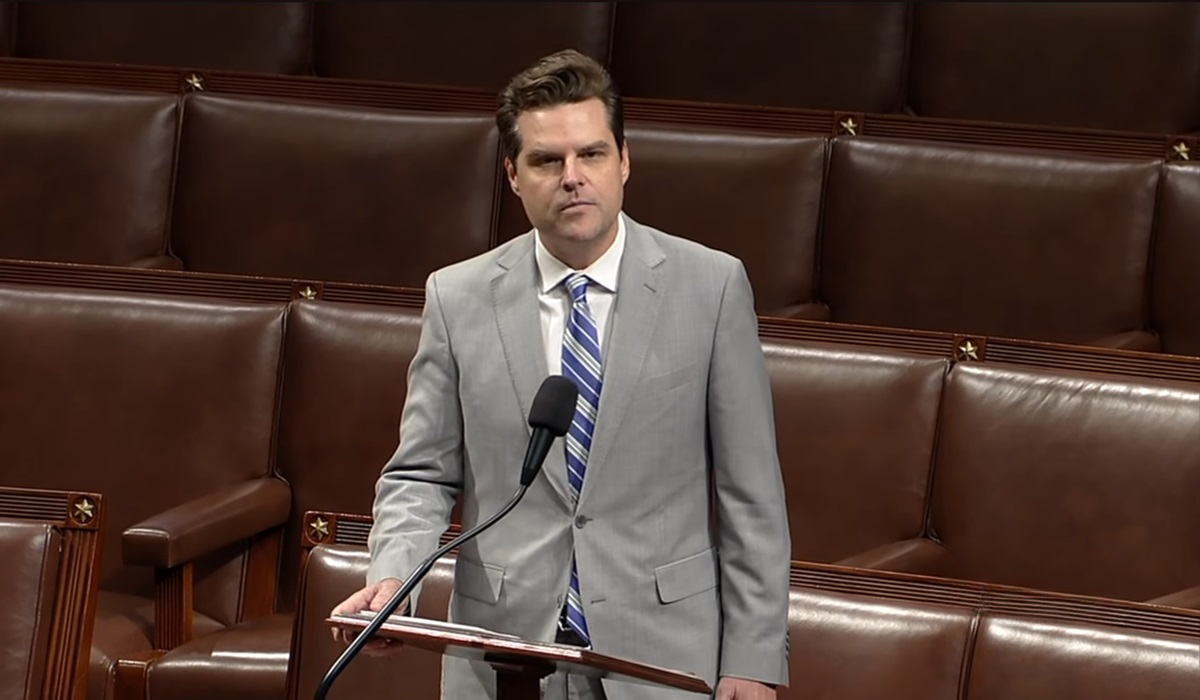Netanyahu’s Ousting of Defence Minister Sparks Mass Protest In Israel
- Kingston Bailey
- Breaking News
- Middle East
- March 27, 2023

Israeli Prime Minister Benjamin Netanyahu’s decision to fire Defense Minister Yoav Gallant on Sunday, March 26, 2023, has led to widespread protests in Israel. Gallant spoke out against the government’s proposed overhaul of the judicial system, which many Israelis see as an attempt to undermine the independence of the judiciary. The firing of Gallant has only served to inflame tensions and has led to hundreds of thousands of Israelis protesting.
“State security cannot be a card in the political game. Netanyahu crossed a red line tonight. We call on the ministers of the Likud, the members of the Knesset of the Likud, do not lend a hand to the crushing of national security.” Joint Statement by opposition leaders, A joint announcement with the chairman of the state camp, Benny Gantz and leader Yair Lapid
“We must all stand up strongly against refusals.” Tweeted Israeli Prime Miniter in response to Gallant’s vocal opposition.
Netanyahu’s coalition government has only been in power for a few short months, but it is already starting to unravel. Universities have been shut down, labour unions have joined the protests, and flights in and out of the country have been halted. The situation is becoming increasingly volatile, and there are concerns that it could lead to even more serious unrest in the coming days and weeks.
The proposed overhaul of the judicial system is seen by many as an attempt by Netanyahu to consolidate his power and stifle opposition. The plan would give the government greater control over the appointment of judges. It would make it easier for the government to remove judges who are deemed to be insufficiently loyal.
However, there is hope that the government may be forced to back down. National Security Minister Ben Gvir, a coalition government’s Jewish Power Party member, has indicated that the proposed judicial overhaul will be paused until the next legislative session. This would give Israelis time to mobilize and make their voices heard, and it could lead to significant changes in the government’s plans.
Despite Gvir’s statement, Netanyahu has still not formally confirmed the pausing of the controversial judicial overhaul. This has only further inflamed tensions and led to even more protests in the streets.
The situation in Israel is a reminder of the importance of democratic values and the need for governments to respect the independence of the judiciary. If the government ignores the will of the people and continues to push through with its plans, it risks undermining the foundations of democracy and could lead to even more serious unrest in the future.
Many observers see this as a critical moment for Israeli democracy. The country has a long history of robust political debate and a strong free speech and open dissent tradition. However, the firing of Gallant and other recent moves by the government to further expand housing into Palestinian settlements has raised concerns about the future of democracy in Israel.
In light of the recent firing of defence minister Yoav Gallant and the widespread protests it has sparked, it is becoming increasingly likely that Netanyahu’s coalition government will not make it to the summer. Many Israelis are angered by the government’s policies and are searching for a fair and democratic government that truly represents their interests. This growing unrest has been compared to the Arab Spring, which swept across the Middle East in 2010, and there are concerns that the situation in Israel could escalate into something far more serious. With tensions continuing to mount and the government facing mounting challenges, what the future holds for Israel and its people remains to be seen.








